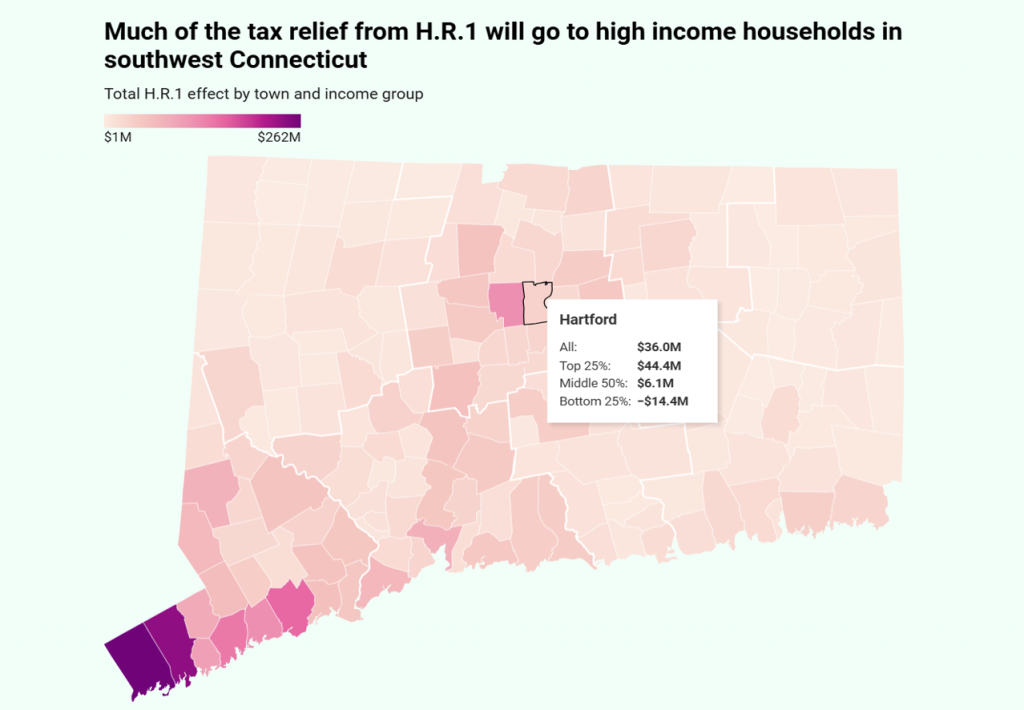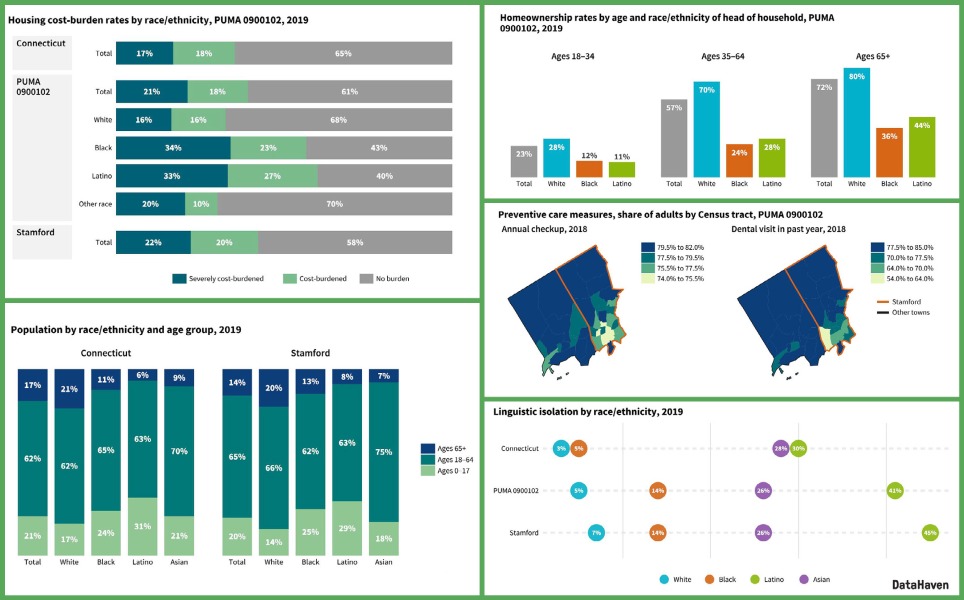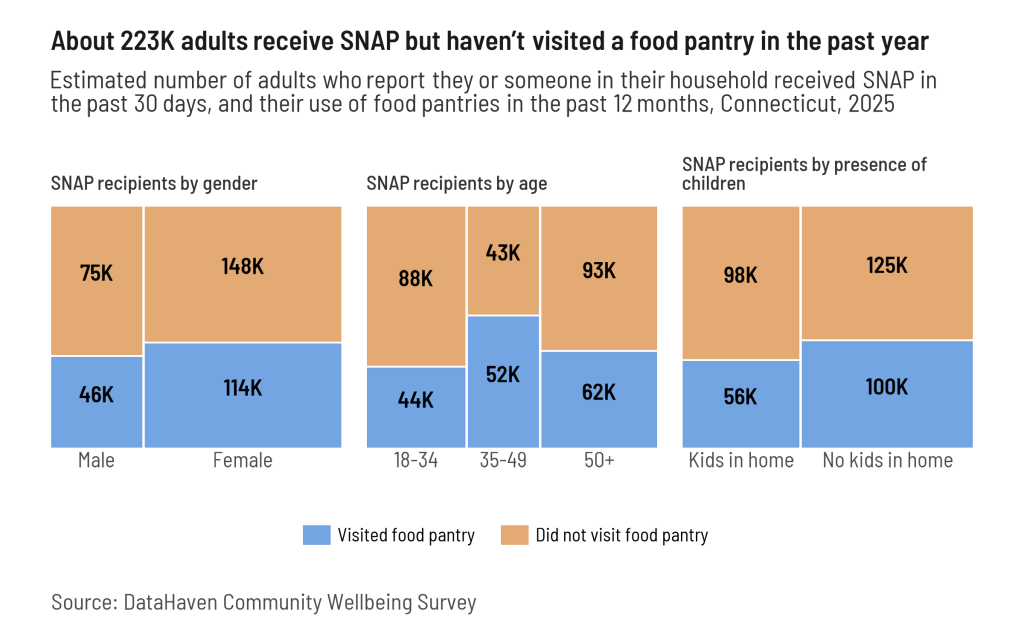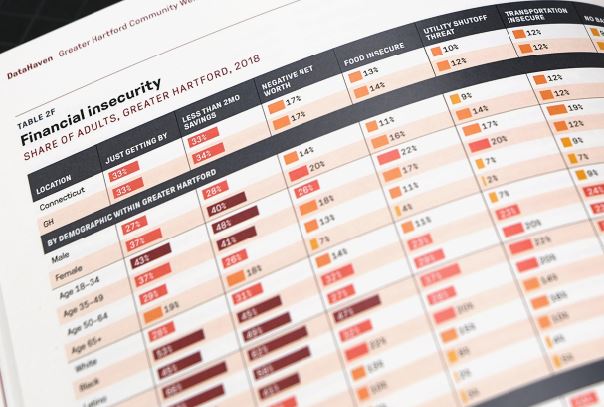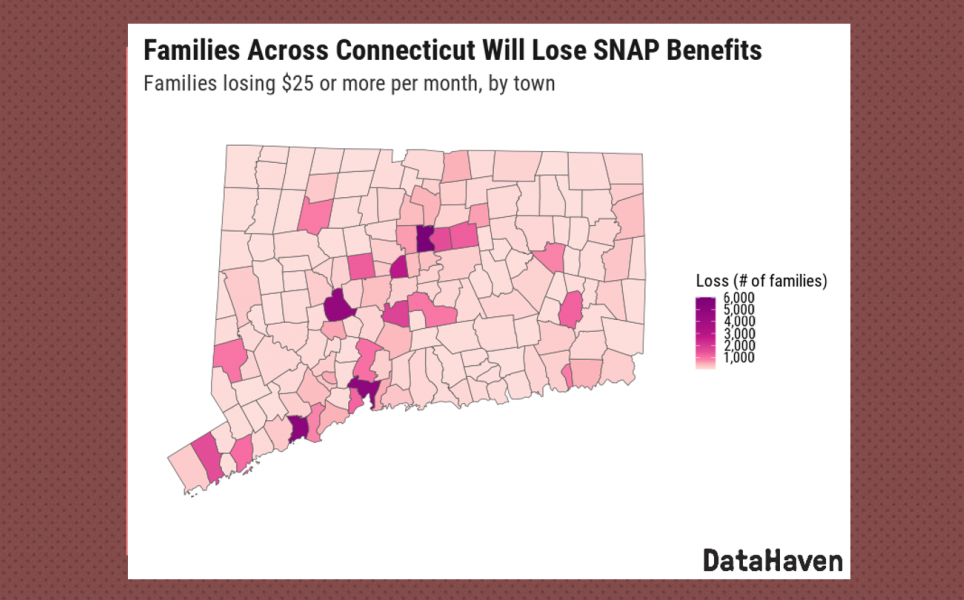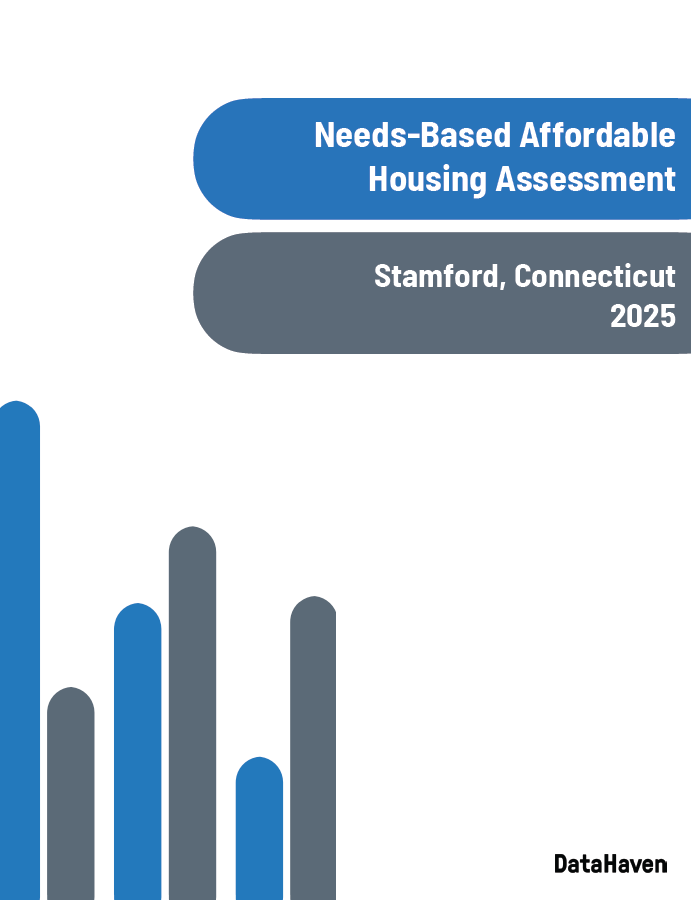2020 Census Data: Demographic Change in Connecticut Town and City Neighborhoods
DataHaven maps and analyses of changes since the 2010 Census
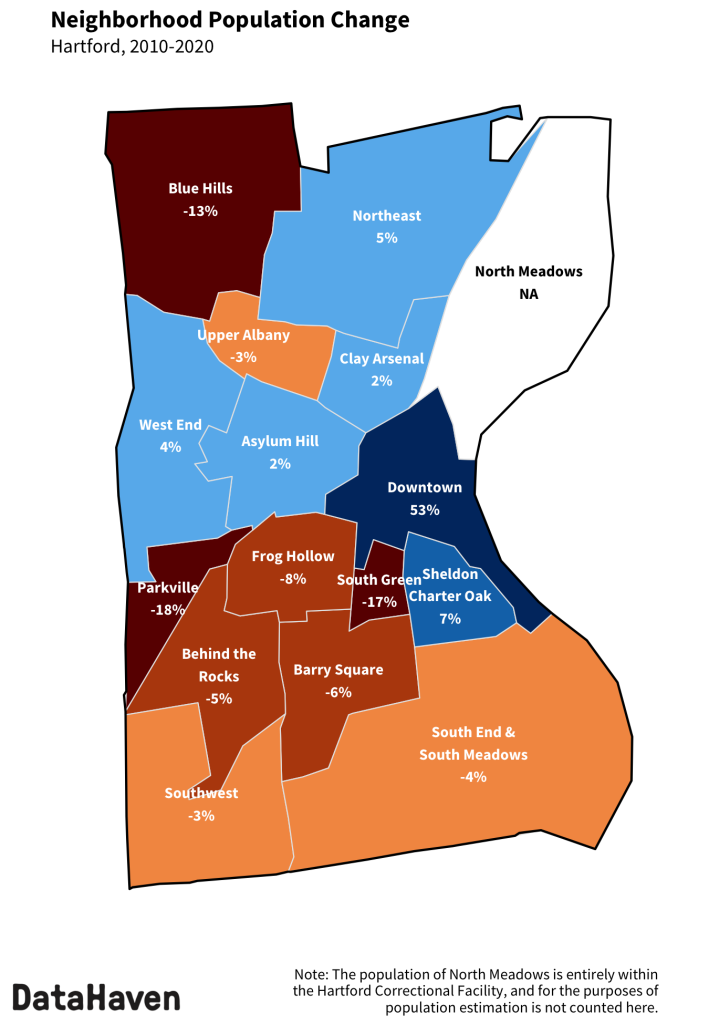
Over the last ten years, neighborhoods within Connecticut’s towns and cities have seen changes in population, housing, and ethnic and racial makeup. New local data from the 2020 Census, released on August 12, 2021, allows for the most accurate analysis of these neighborhood-level demographic changes and trends since the last census in 2010.
This series of DataHaven reports visualizes and discusses changes within our state’s larger communities. Please see the menu (above or at right) to navigate to report pages for different cities and towns, including Bridgeport, Stamford, New Haven, and Hartford, with more to be posted in the future.
We may also post additional material as even more granular data are released from the U.S. Census Bureau throughout 2021 and 2022.
Other relevant resources
- DataHaven analysis of changes from the 2010 to 2020 Census in all CT towns (easy to use file)
- Our comprehensive Community Index reports, including for Greater Hartford, Fairfield County, Greater New Haven, and the Valley
- The DataHaven Town Equity Reports, available for all 169 towns in Connecticut, include 2020 Census data
- Our Connecticut City Neighborhood Profiles, which have current neighborhood-level socioeconomic and health data
- DataHaven community profile pages, which have additional social indicators for each town
- U.S. Census Bureau 2020 Census Results page
DataHaven is a formal affiliate of the National Neighborhood Indicators Partnership in Washington, DC. Since 1992, we have developed neighborhood-level profiles and analyses using census data from approximately 1950 to the present. Need more information for your neighborhood or want to see your town featured here (even if it’s a small town with just two or three neighborhoods)? Please contact us to discuss.
Related Reports
Related Data
Dataset, Document
DataHaven HR1 Tax Effects Spreadsheet by Connecticut Town
Document
Wilton Town Equity Report 2025
Document
Winchester Town Equity Report 2025
Document
Windham Town Equity Report 2025
Document
Windsor Town Equity Report 2025
Document

